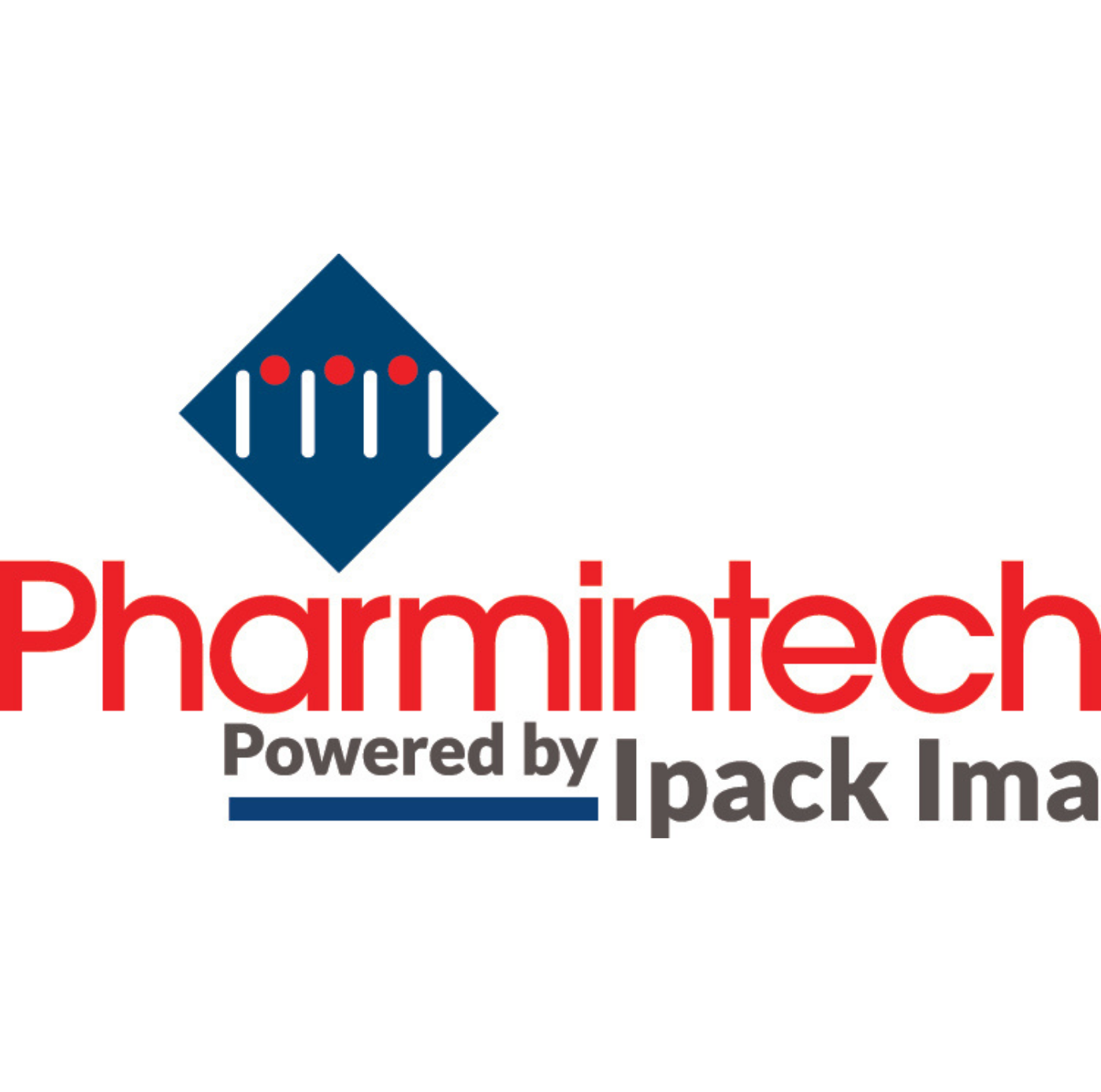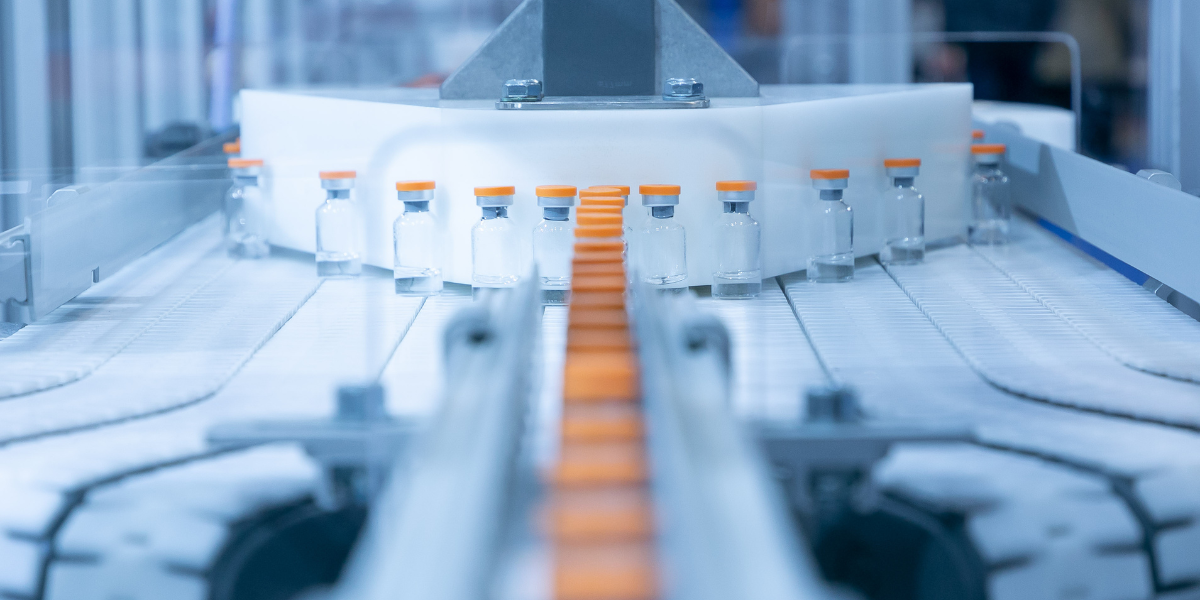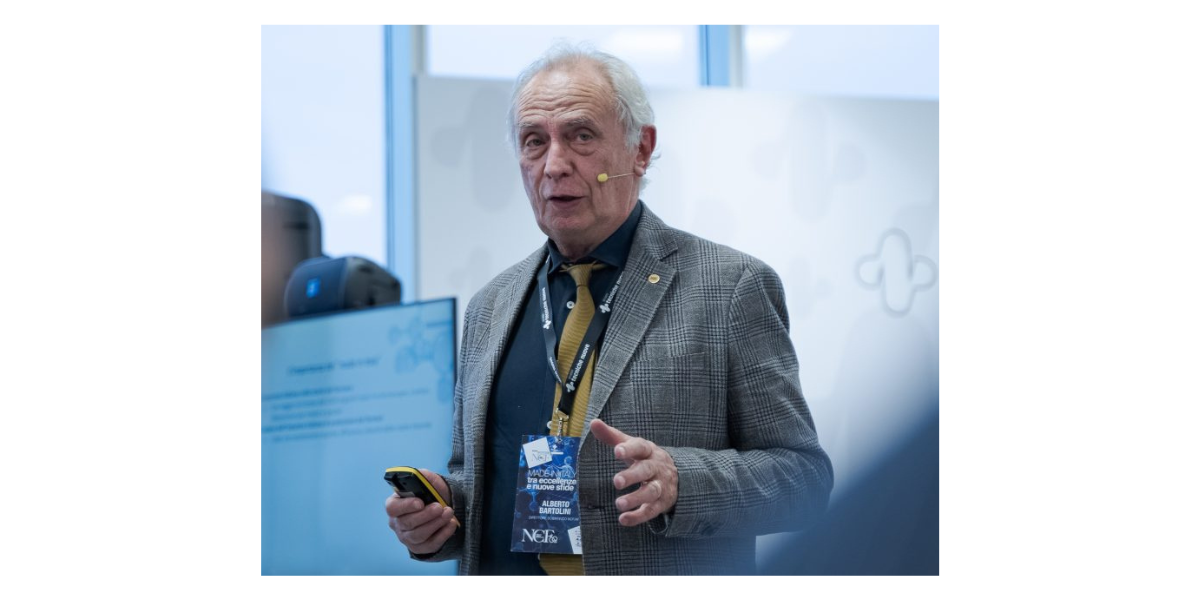Among the various partnerships to be found at Pharmintech 2025, one of particular interest is the partnership with GISI (the Association of Italian Instrumentation Companies). With 50 years of operations to its name, this voluntary association brings together Italian-based firms, companies, and experts working in the field of instrumentation and control and automation devices and systems for industrial, civil and laboratory applications. Their goal is to promote networking within a sector that is increasingly strategic for the world of automation, generating value for the industry by focussing on the SMEs, which - when introduced to the major names - can offer exciting business opportunities. GISI will be exhibiting at Pharmintech 2025 with a group of the leading players, showcasing the industry's latest technology developments and providing training and networking experiences. They will also be presenting a series of application cases to explain the role of measurement in the pharmaceutical world, with a focus on the contribution that industry members can make. Chair of GISI, Micaela Caserza Magro discusses the matter at length, touching on the most current issues.
“Within GISI we generate value for both SMEs and the major names in the measurement industry” begins Micaela Caserza Magro “focussing in particular on pharmaceutical processing. This area encompasses numerous activities within which measurements play a significant role, from preparing the active ingredient to filling capsules with powders and liquids, and producing the primary packaging. These are all areas in which measurement accuracy and reliability is vital and instrumental for the drug effectiveness and patient safety. To guarantee this, our world is made up of those who develop sensors and measuring instruments and those who design and manage the environments in which they will be used, i.e. laboratories. We are increasingly prioritising this sector, as it is a key factor for quality and certifications, which is surging in all industries. The role of a third-party certifier and laboratories that provide accurate and reliable measurement services is essential in a market like pharmaceuticals, where certification is fundamental.”
A cross-sector approach that extends beyond pharmaceuticals
Driven by the spread of smart factory and digitalisation practices - which involve generating and processing data to optimise production processes - the association spans multiple market segments.
“In addition to pharmaceuticals,” continues Ms Caserza Magro “our key sectors include manufacturing, with primary and secondary packaging, oil and gas, and - as I mentioned earlier - laboratories. Our goal at GISI is to build a cross-sector network within which skills from one area can be shared with other members from different areas. A sort of osmosis between market segments that brings advantages to all those involved, which may be competitors on the market, but which collaborate as members of the association, under whose umbrella they can explore common pathways. We also offer advanced technical training to enable members of the association to help their staff build their careers. We also foster a culture of learning and dissemination through conferences, fairs, and seminars with two aims, to provide teaching and to disseminate measurement practices. We also aim to train young people attending high schools specialising in technical studies, other forms of technical learning institutes, and the first years of university to spread the culture of measurement among the younger generations, conveying a modern image of the industry with significant employment prospects. Companies in the measurement industry have recorded an average growth of 7% and the tendency to generate data - and the ensuing increase in measurement activities with a view to quality, certification, and traceability - makes our field even more promising for the pharmaceutical industry and others. Obviously, qualified workers will find considerable advantages when seeking employment.
Big data plus measurement equals an expanding industry
In the digitalisation transition underway in the world of automation and industry in general, GISI plays a role in accelerating expertise and awareness of the importance of the relationship between measurement instruments and data quality, the impact of which is becoming decisive.
“Recent developments in technology, including digitalisation, cloud computing, AI, machine learning and IIOT, are posing major challenges to measurement experts” continued the chair “who are now seeing the fundamentals of physics being applied to create user-friendly high-precision tools that are increasingly reliable and offer significant advantages for a market that needs to get in on the new goldmine that is data. Precise, reliable data obtained from professional measurements is the gold that everyone is searching for. Cloud computing, AI, machine learning, business intelligence, are all developments based on the accurate analysis of information in order to develop sophisticated strategies, ranging from business to technological innovation to plant management. In this context, GISI is an accelerator of innovation and information, which is then passed onto the members to enable them to enhance their business models.”
Cyber security and digitalisation in the world of measurement
With the interconnection of objects increasingly widespread and growing application of the industry 4.0 approach, cyber security is now a central issue in business.
“Cyber security is a new and vital matter for the world of automation and industry” continued Micaela Caserza Magro “but it is not sufficiently monitored. This is especially true given the risks that the world of automation has been running ever since the introduction of the internet of things in this field, and all the new risks this has brought. The impact of European legislation in these areas is considerable as the implementation of new and ever-more stringent regulations can prevent risks that could significantly affect national security and economics. One first example is the machinery regulation, which requires compliance to very high standards that are not always easy for an automation manufacturer to achieve. Next, the upcoming cyber resilience act will also require individual instruments to include advanced cyber security features, driving the world of instrumentation towards an ever greater focus on digitalisation and IT. “
Green packaging: a challenge for the world of measurement
Measurement systems are also important for sustainability, given the increasing - it is hoped - need to set objective measurable criteria on this front. “Looking through a sustainability lens,” Ms Caserza Magro continued “measurement systems are crucial for LCAs, for example, and are fundamental not only for energy efficiency, but also for an area which is vital to packaging, namely the development of new materials. Developing green materials involves constantly rethinking how to approach measurement, establishing new ways of interacting with conventional materials such as plastic. For example, we do not know what will be needed in order to correctly measure the bio-materials currently under development. This means continuous research is essential in order to characterise measuring instruments so they can also be employed with new materials. Following this rationale, it becomes necessary to adapt instruments in response to technological advancements in materials, considering both their chemical and physical properties and unforeseen issues, which presents a series of challenges for those responsible for development.”
.png)
.png)









1.png)



.png)